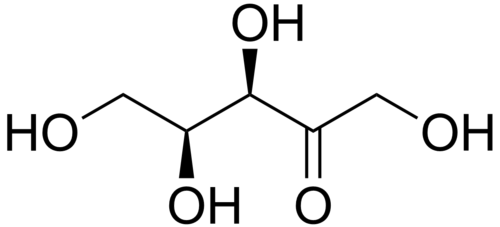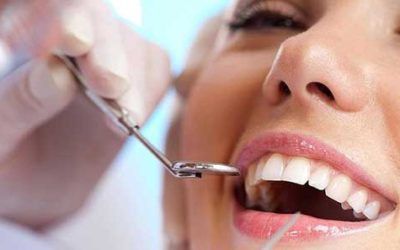What is pentosuria? It sounds a bit daunting doesn’t it? There’s not a lot of information out there about pentosuria, and it can often go overlooked or misdiagnosed. So we thought it would be good to take a quick minute and explain what pentosuria is, what effects it has on the body, and how to treat it.
So what is it? Pentosuria is simply the excretion of pentoses, which are sugar molecules with only five carbon atoms instead of the normal six, in the urine. Xylitol is one of these five carbon molecules. Five carbon sugars are found in the plant world where the standard building block is xylose.
According to Britannica.com, pentosuria is an inborn error of metabolism, characterized by the excessive urinary excretion of the sugar xylitol.
‘Inborn’ in this means not everyone has it; it’s a genetic problem found almost exclusively in persons of Ashkenazi Jewish descent.
‘Error of metabolism’ means that the enzymes needed to metabolize something are missing. In this case those missing are the ones needed to use five carbon sugars for energy production. In this hobbled pathway most five carbon sugars wind up as a form of xylose. This can get mistaken in screening lab tests as a sugar, like glucose, so people can get misdiagnosed as diabetic. And really that mistake is the only problem we know of with this condition. If you want more information there is a good one page summary at the British Medical Journal.
If you are not an Ashkenazi Jew, eating xylitol will not show up in your urine and it is not confused on any blood tests for glucose so there is no risk of being misdiagnosed as diabetic. Initially your body can’t deal with a lot of xylitol so it is not absorbed and causes loose watery stools and perhaps some cramping. If you persist and keep using it your body does adapt and pull out the enzymes needed to turn pentoses into energy, just like it does glucose. There is no reason for it to show up in your urine.
Even those with pentosuria can still use xylitol for the many health benefits that come along with it. Used as a nasal spray to keep the nose clean and minimize the allergic and infectious problems that begin there adds a minimal amount of xylitol to the body. Oral use for dental benefits adds much more, but none of this comes close to the amount we eat with a healthy fruit and vegetable diet.
Related Articles
Is Your Dentist Recommending Xylitol? Why Not?
Xylitol is the most effective way of preventing tooth decay we know of.
Does Xylitol Make a Good Sweetener?
Health conscious people recognize that sugar and artificial sweeteners present serious problems for your body. Over the years, artificial sweeteners have been linked to everything from neurological disorders to cancer, and more. While the results of these studies are...
Great Ways to Use Xylitol as a Sugar Substitute
Xylitol sugar substitute options are almost endless. If you’ve never used xylitol, then you are in for a treat, literally! The different ways that you can use xylitol is nothing short of amazing. Let’s take a look at why this natural sweetener deserves a place in any...
Xylitol in the Diabetic Diet
The author this paper, H. Mehnert, is a German diabetologist who helped promote the use of implantable insulin pumps more than 40 years ago. He realized how much of a problem has come from our overuse of foods that contain sugars or, like...
The Benefits of Gum with Xylitol
The health and dental benefits of xylitol are numerous and, in fact, are so impressive that many people are left shocked. What is it about xylitol that makes it so beneficial? Why is xylitol such a perfect ingredient for gum and other dental...
Xylitol Research
Dental Benefits There is no better way to begin addressing this than to look at Kauko Makinen's work. He has been looking at xylitol and tooth decay from the beginning with the Turku sugar studies. Here is what he wrote this week (September 4,...









What are the alergic symptoms of Xylitol, can it cause severe pain affecting your whole body!
Allergic reactions are generally from protein substances and not simple carbohydrates like xylitol. If you eat a lot of it at one time it can cause major stomach cramps.